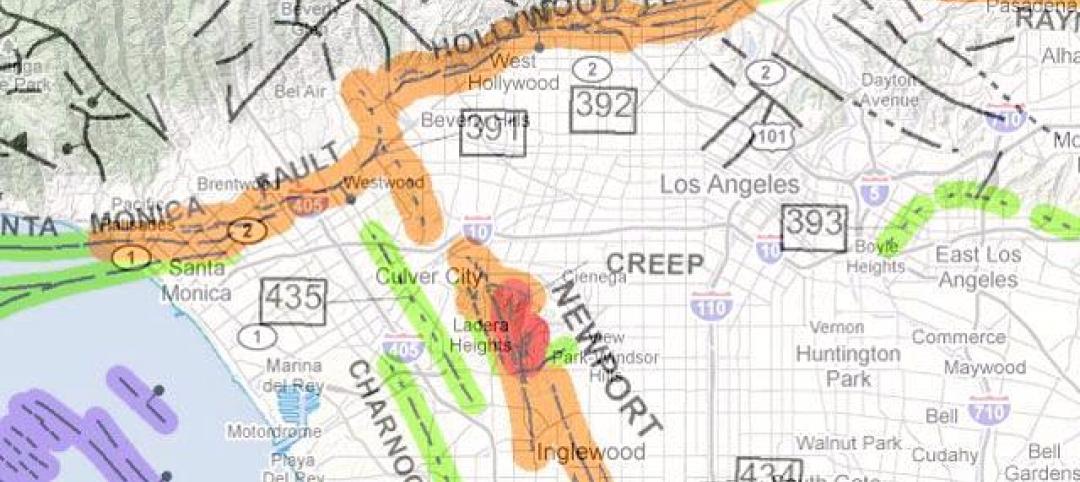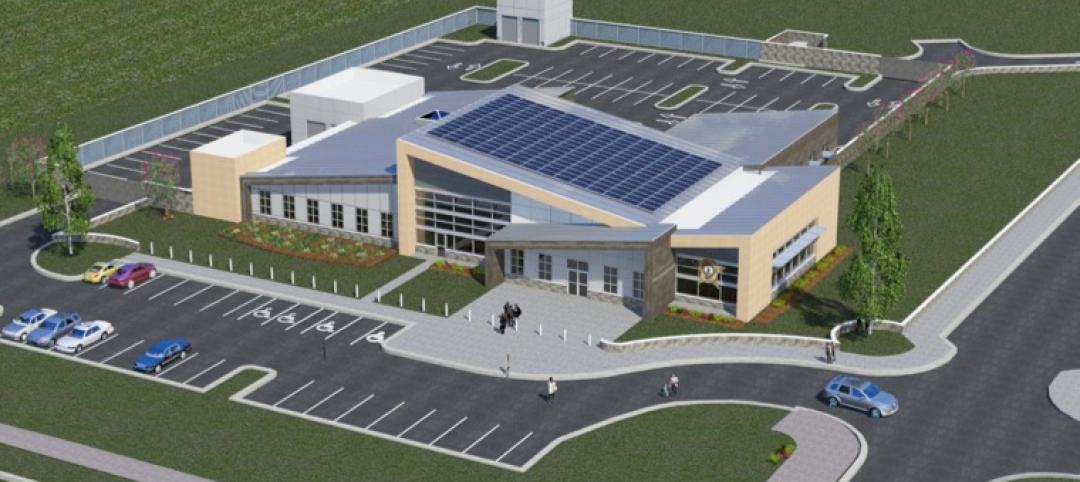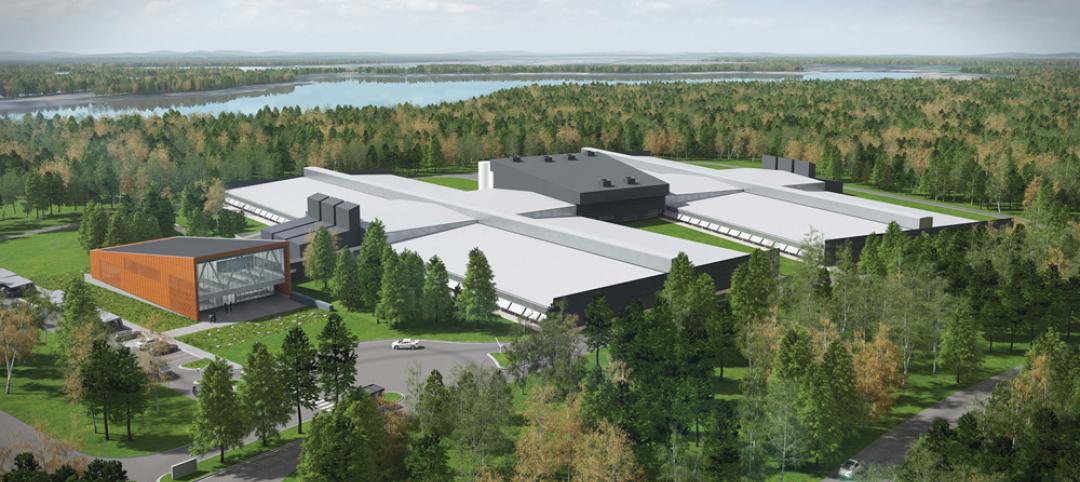Seattle’s new energy code goes into effect in March with notably more sustainable requirements for new construction.
The energy building code will eliminate fossil fuels from most space and water heating and increase access to onsite renewables. Applying to new commercial buildings and large multi-family buildings, the code also reduces envelope heat loss, air leakage, and interior lighting power allowances.
The space and water heating measures take effect in January 2022, but the rest of the code goes into effect March 15, 2021. The city is the latest to legislate the elimination of fossil fuels for space and water heating following more than 40 cities in California.
A local affordable housing developer dissented from the measure in a city council meeting, arguing that the new code can cost developers up to $15,000 more to construct apartment buildings. This could mean a rent increase of up to $100 per month for tenants in a city with a serious affordable housing shortage, he said.
Related Stories
| Aug 14, 2014
Mississippi county rejects adoption of state building code
The county board of supervisors voted unanimously to opt out of the state building code.
| Aug 14, 2014
Boards at odds over North Carolina county’s CM-at-Risk policy
Some local small contractors are not pleased with the school board’s CM-at-Risk policy that was instituted in 2007. The county’s board of commissioners has offered a sympathetic ear to their complaints
| Aug 14, 2014
2014 National Electrical Code now effective in 12 states; 11 more to come online by January
The National Fire Protection Association (NFPA) says that the 2014 edition of the National Electrical Code(NEC) is now effective in 12 states: Alabama, Colorado, Idaho, Maine, Massachusetts, Minnesota, New Mexico, Rhode Island, South Dakota, Vermont, Washington and Wyoming.
| Aug 14, 2014
CDC report highlights need for heat acclimatization to prevent worker deaths
CDC supports OSHA’s analysis suggesting that the primary risk factor for heat fatalities is the lack of acclimatization programs.
| Aug 8, 2014
California revives study of earthquake faults
California reinstituted an ambitious plan to study dangerous earthquake faults and create zoning maps that could restrict development.
| Aug 6, 2014
Loudoun County, Virginia may dump green building requirements
Loudoun County, Va., supervisors may do away with a county policy that requires LEED Silver certification on new county buildings.
| Aug 6, 2014
$300 million mixed-use project in Chicago’s medical district wins key approval
The Illinois Medical District Commission approved a 1.16 million-sf, $300 million mixed-use project in Chicago’s Illinois Medical District.
| Aug 4, 2014
Facebook’s prefab data center concept aims to slash construction time in half
Less than a year after opening its ultra-green, hydropowered data center facility in Luleå, Sweden, Facebook is back at it in Mother Svea with yet another novel approach to data center design.
| Jul 31, 2014
LEED Dynamic Plaque gives owners and tenants ability to monitor building performance
The LEED Dynamic Plaque could aid certified buildings in maintaining performance with up-to-date information about water and energy use, waste reduction efforts, occupant experience, and other green performance categories.
| Jul 31, 2014
Gypsum Association releases updates to wallboard repair standards
The Gypsum Association released updates to both GA-221 Repair of Joint Ridging and GA-222 Repairing Screw or Nail Pops standards publications.













